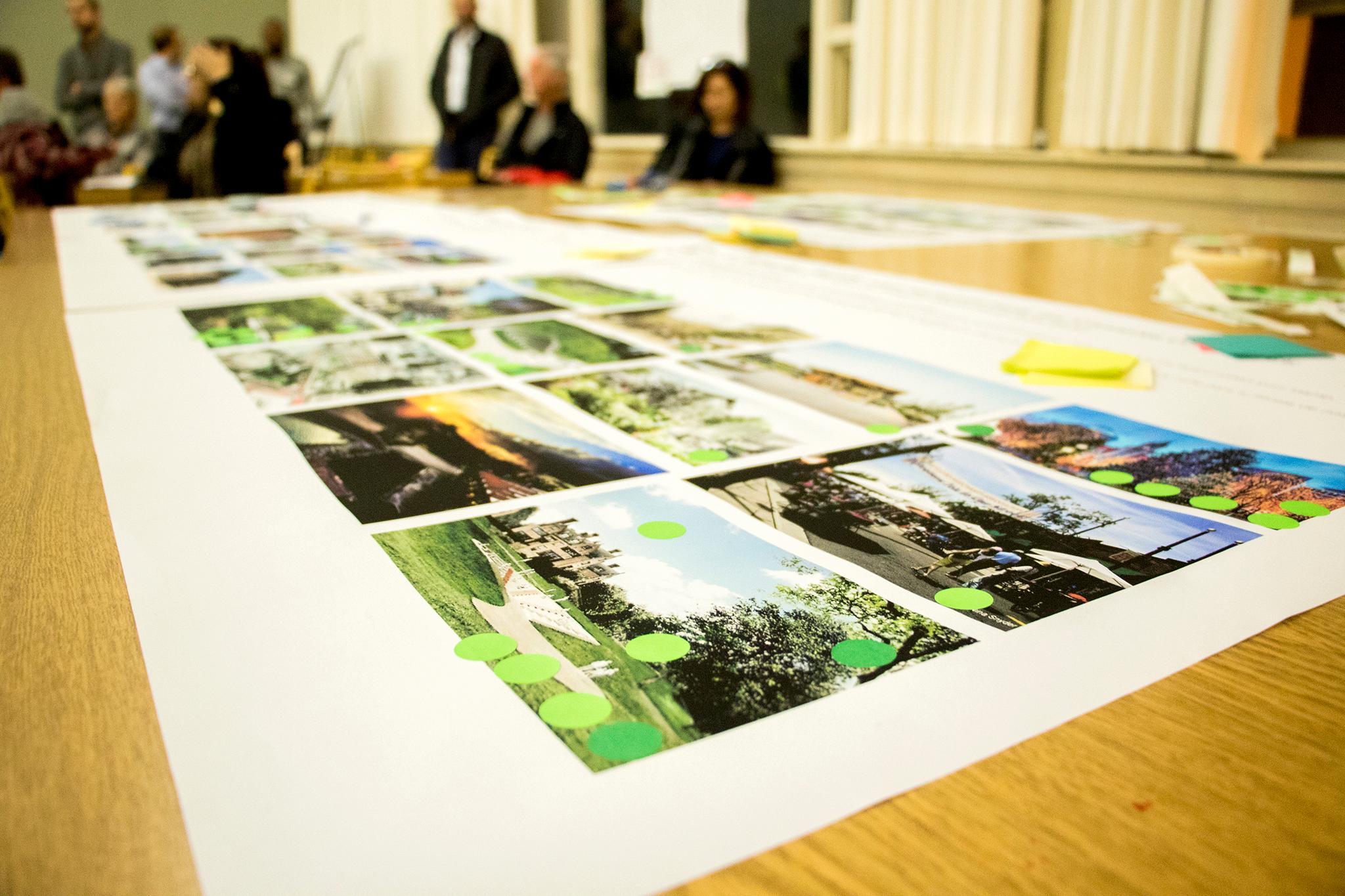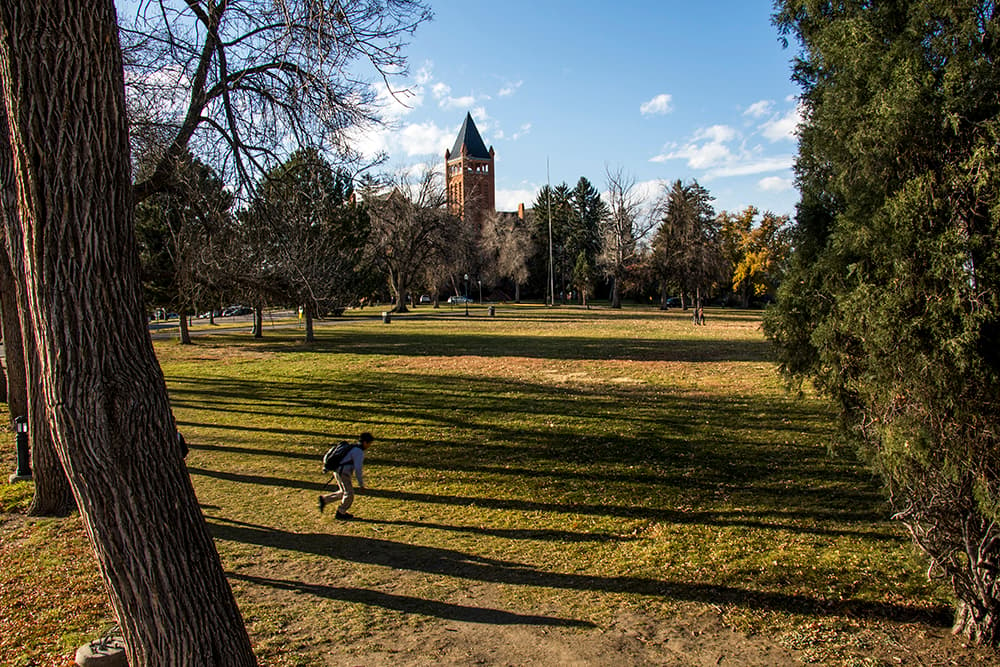The Denver City Council adopted a mechanism for borrowing millions of dollars -- repaying the debt with public money -- for the roads, sewers, traffic signals, parks and more that developers say they need to turn a former college campus into a southwest neighborhood where Denverites can live, work and play.
The vote early Tuesday morning adopts service plans for six quasi-municipal Loretto Heights metropolitan districts to be governed by an elected board, independent of the city. One will be in charge of overall infrastructure construction and management; four will be responsible for handling the property taxes that will pay for it all; and the sixth will help operate and maintain parks and other recreational facilities.
Westside Investment Partners purchased the 70-odd-acre Loretto Heights campus for $16.5 million last summer. Sisters of Loretto nuns had founded a school at the site in 1891 and some nuns are buried in the campus cemetery. The site in the Harvey Park neighborhood has been home to Loretto Heights Academy, Loretto Heights College and most recently Colorado Heights University, which closed in 2017.
Westside's developer, ACM, is proposing a walkable neighborhood of businesses and single- and multi-family homes, including 68 units in what is now a dormitory that will be sold at below-market prices. According to plans discussed at City Council on Monday (and early Tuesday), the development will be home to about 2,500 people with some 1,000 frequenting the businesses during the day.
Work is expected to start in 2020 and take five years.
The estimated cost of building roads, sidewalks, storm pipes, traffic signals, street signs and other infrastructure is $97 million. Not all would be covered by the borrowing. Part of that is the cost of renovating some of the campus's historic buildings such as its theater and library, and for which developers expect to get urban renewal funds, also paid for with tax dollars.
"This is our chance to get it right," said City Councilman Kevin Flynn, who represents the district where the campus sits, said, calling for approval.
Community members -- including one at the meeting before the vote -- had questioned Flynn's acceptance of campaign donations from Westside and developer ACM. Flynn has responded that he votes independently of contributors.
Several people who live in the area or have ties to Loretto (or both) raised concerns about what they saw as a lack of community outreach in drawing up the service plan and the possibility that the additional property taxes imposed by such districts and other impacts of development would put housing prices out of the reach of working families.
"Bond investors, developers, special district management companies run these special districts," Xochitl Gaytan, president of the Harvey Park Community Organization, said during the meeting, urging council members to reject the plan. "Then they benefit and push us out, black, brown, indigenous peoples and working-class whites ...."
Opponents also questioned whether the developer was placing too much burden on future homeowners who would one day pay property taxes, and whether the Council and future homeowners would have the information necessary to hold the developer accountable.
"Developers should pay their own way," said Jim Gibson of the Loretto Heights Community Initiative.
Westside's Mark Witkiewicz said funding would also be sought from other sources, including tax credits that support below-market rate housing projects.
The district puts "a tool in the tool box so we can deliver what the community is asking for," Witkiewicz said.
Andrew Johnston, a city finance department staffer, said Denver has more than 80 such districts responsible for other neighborhoods, and that Loretto's financing proposal was typical.
The campus is at the heart of an 85-page Loretto Heights Area Plan released in June that mentions metropolitan districts as a possible financing tool for the campus. The conceptual plan would guide development for a 300-acre section of southwest Denver. Community members involved in drawing up the area plan had called for the preservation of iconic campus buildings and a mix of low- and high-income housing options.
Flynn has said ensuring the theater on the campus is redeveloped and kept intact is among his biggest personal priorities.

Irene Aguilar, director of the city's Neighborhood Equity and Stabilization Team, said she had learned during her previous stint at the state legislature how difficult it would be to raise funds to develop the Loretto campus. She said the Westside team had listened well to the community and that she believed its proposal, including the metropolitan district, was the best possible option -- though she would like to see more below-market rate housing there.
"We have to pick priorities," she said, adding that she lived across the street from the campus and did not want to see it remain abandoned and vulnerable to vandalism.













